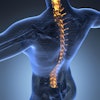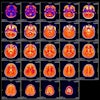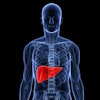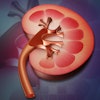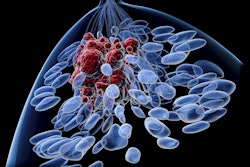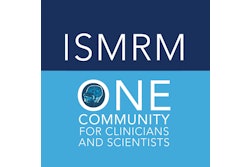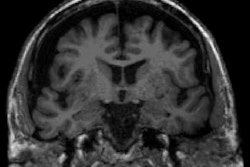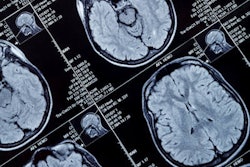
TORONTO - MRI shows that chemotherapy for breast cancer negatively affects women's cognitive health, according to research presented at the International Society for Magnetic Resonance in Medicine (ISMRM) meeting.
Somewhat surprisingly, this negative effect occurs both before and after chemotherapy, perhaps due to the stress of dealing with significant illness, presenter Wei Chuang, PhD, of Chang Gung University in Taoyuan, Taiwan, and colleagues wrote.
"Patients prior to chemotherapy ... reported cancer-related cognitive impairment, which might be due to physiological factors or mood symptoms," the group noted.
Breast cancer is the most prevalent type among women and is primarily treated through a course of chemotherapy. But this treatment may result in chemotherapy-related cognitive impairment that manifests as mood symptoms and neurotoxicity and can affect white matter tracts, particularly in the brain's dorsal attention network and default mode network -- both of which govern cognitive processing.
Chuang's group sought to investigate the effects of breast cancer chemotherapy treatment on women's white brain matter using generalized q-sampling imaging (GQI), a technique that estimates spin distribution function from diffusion MR signals via a study that focused on 56 women. Of these women, 28 had been diagnosed with breast cancer and 28 were healthy controls.
The investigators tracked the cognitive function of the women with breast cancer at two time points: baseline (after surgical breast cancer treatment but before the start of chemotherapy) and follow-up (7.5 months after completion of chemotherapy). The follow-up assessment included neuropsychological tests, patient-reported outcomes, and diffusion MRI exams taken on a 3-tesla scanner.
MR imaging showed decreased GQI indices in women who had undergone chemotherapy in the following areas of the brain:
- Corpus callosum
- Left orbital section of middle frontal gyrus
- Left middle frontal gyrus
- Left inferior frontal gyrus
- Right superior temporal gyrus
- Left middle temporal gyrus
It also showed weaker structural bonds at baseline between the supplementary motor area and parietal lobe subcortical regions in women who had undergone chemotherapy compared with healthy controls.
The study illuminates the detrimental effect coping with breast cancer can have, both before and after treatment, according to the investigators.
"In this study, we found several white matter tracts disruptions associated with dorsal attention network in breast cancer patients prior to chemotherapy ... and reductions in white matter integrity associated with default mode network in breast cancer patients after receiving chemotherapy," they reported.
In any case, the findings highlight the importance of tracking women who are undergoing breast cancer treatment.
"[Our] results provide evidence of white matter alterations in breast cancer patients, and they may serve as potential imaging markers of cognitive changes," the authors concluded.


